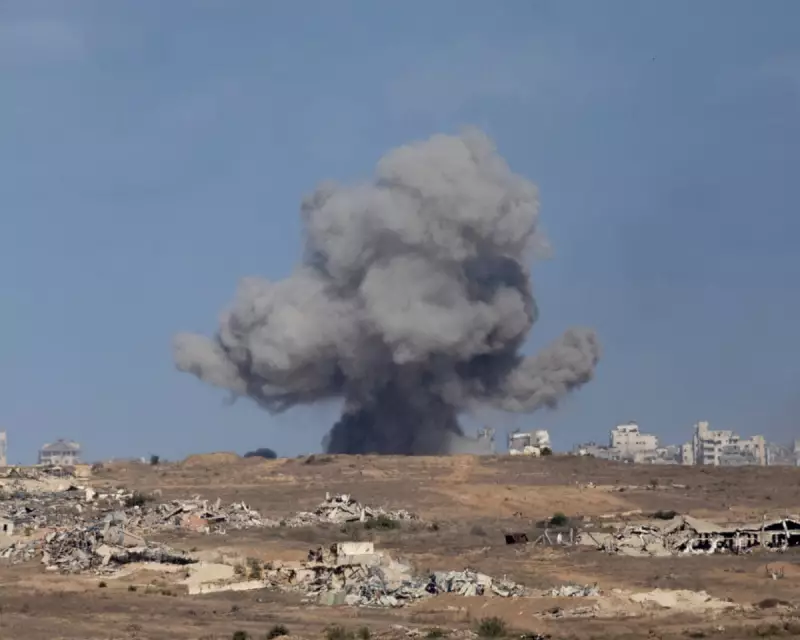
Intense diplomatic efforts are underway in Cairo as Israeli and Hamas delegations engage in critical ceasefire negotiations, with Egyptian mediators working tirelessly to bridge significant gaps between the warring parties.
Fragile Truce Holds Amid Tense Negotiations
The current temporary ceasefire remains precariously in place, though both sides acknowledge the delicate nature of the truce. Sources close to the talks describe the atmosphere as "tense but productive," with all parties aware of the looming October 7 anniversary that adds urgency to the discussions.
Key Stumbling Blocks Remain
Despite progress on several fronts, fundamental disagreements continue to challenge negotiators:
- Prisoner exchanges: The ratio and categories of Palestinian prisoners to be released for Israeli hostages
- Humanitarian access: Guarantees for sustained aid delivery throughout Gaza
- Security arrangements: Long-term monitoring and enforcement mechanisms
- Rebuilding efforts: International oversight and funding for Gaza's reconstruction
International Pressure Mounts
Multiple world powers have intensified their involvement, with the United States, Qatar, and European nations applying diplomatic pressure to secure an agreement. The United Nations has emphasised the humanitarian imperative, noting that millions of Gazans remain displaced and in desperate need of assistance.
Regional Implications
The outcome of these talks carries significant consequences for Middle Eastern stability. A successful agreement could pave the way for broader regional normalisation, while failure risks renewed violence that could spill across borders.
As the negotiations enter their most critical phase, all eyes remain on Cairo, where the fate of millions hangs in the balance and the prospect of lasting peace faces its sternest test.





